You probably do not have a vault hanging out in your back yard perhaps masquerading as a picnic table, nor have you seen headstones at your neighbor’s house. The fact remains, however if you have a “preneed” plan that includes such things, the company might have already accessed the money because they have either installed the vault in your plot or your memorial you “predesigned” in sitting in a warehouse somewhere. Vaults can crack over time. A person might change his or her mind about what goes on the memorial stone. You wouldn’t ask a young person to pick out the kind of dishes he or she might want as an adult. We change our minds over time. As with most things involving the death care industry, you must do your own research. You must have a good grasp of the laws that pertain to your particular state including constructive delivery. Do not be afraid to ask the funeral home or the family service counselor (sales person) how the money is dealt with in the contract. The truth is the sales person might not know the answer. The Job of the Family Service Counselor is to bring in more sales and should not be considered an authority on consumers’ rights. A funeral director has had more education and should be able to give better answers.
Here what you need to know:
- Decide if having a preneed contract is right for your family. This is a very personal decision. If you do not foresee moving away as a possibility or that you are coming to the end of your life, it might be a good idea to have a “preneed” plan in place. Getting a refund from the industry can be tricky. A refund from a cemetery even more so. The cemetery I worked for would refund almost everything except the burial right or the plot. Funeral preneed plans can be more mobile, but you must check and recheck the provisions of the contract and the laws pertaining to your state.
- Decide if you just want a preneed plan, decide what you want to pay for. Do you want to have a vault installed before your need? What if it fails before the use? Do you want to design a memorial now or later? If you end up “prepaying” decide how you want to proceed. It’s your plan. Know the laws about constructive delivery. If you want them to access the funds before use, then give them the money. If not, you can set up an account to raise the funds for use at the time of your death.
- This is your plan and your money. Only you can decide what is appropriate for you and your family. Do not feel pushed to do things that do not feel right. Learn how your money will be accessed and what are the laws regarding funeral and cemetery contracts. I have found the book Funeral Rights: Reclaiming the American Way of Death to be very helpful regarding your laws and rights.
For your reading pleasure
What the Industry has to say on the subject
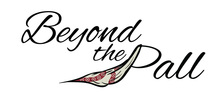
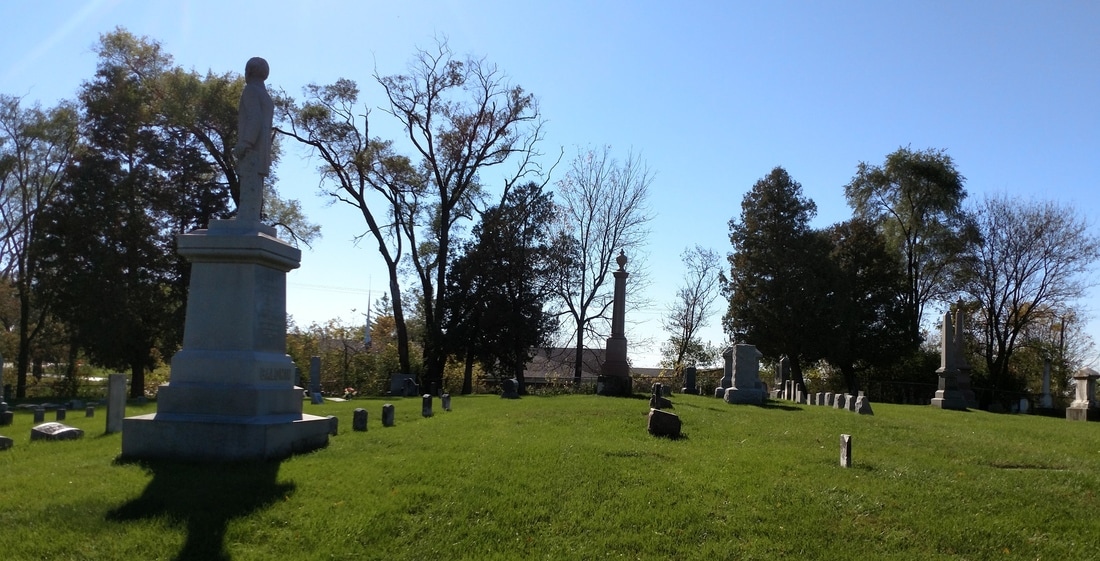
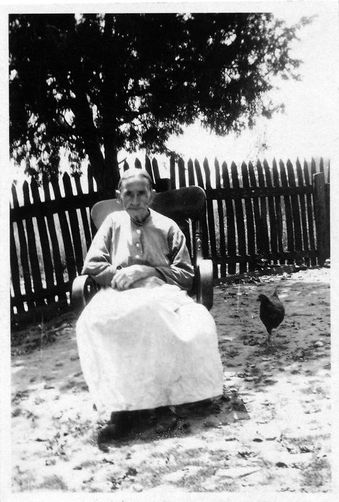
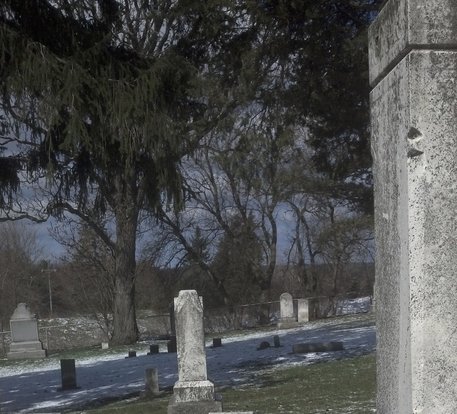
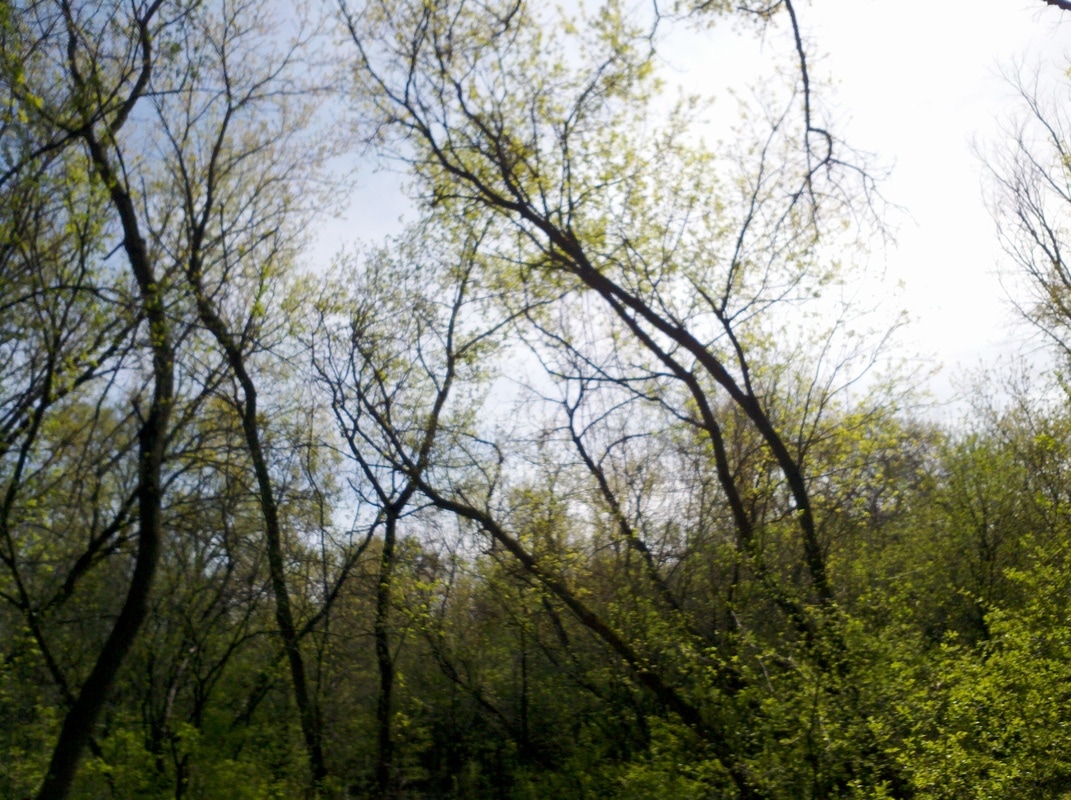
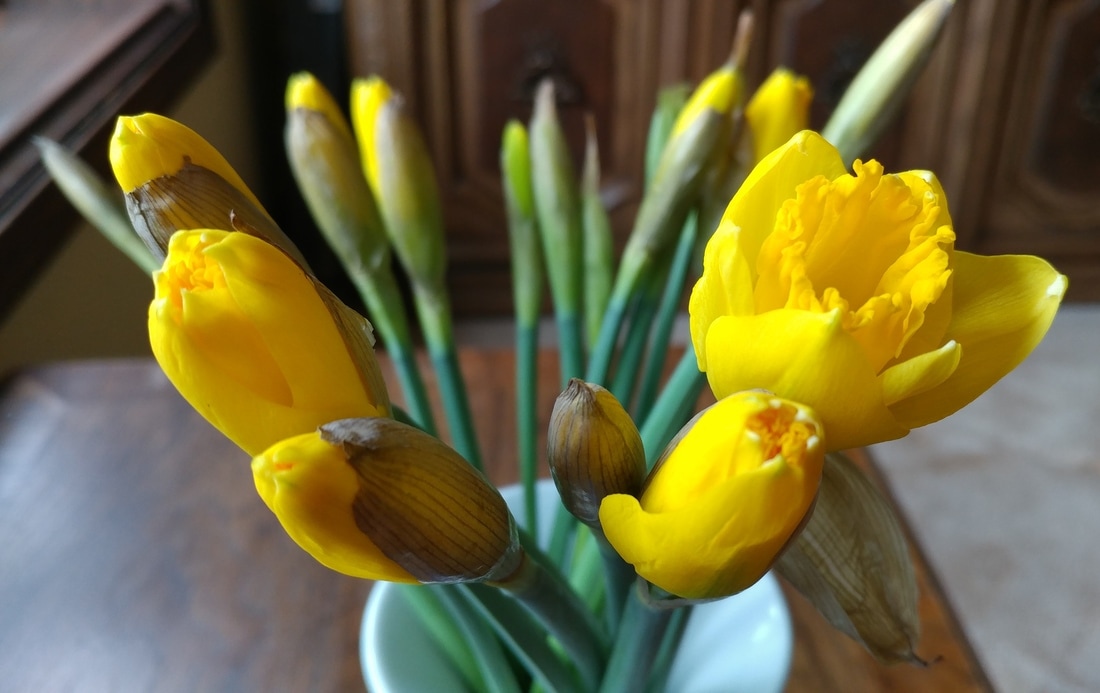
 RSS Feed
RSS Feed